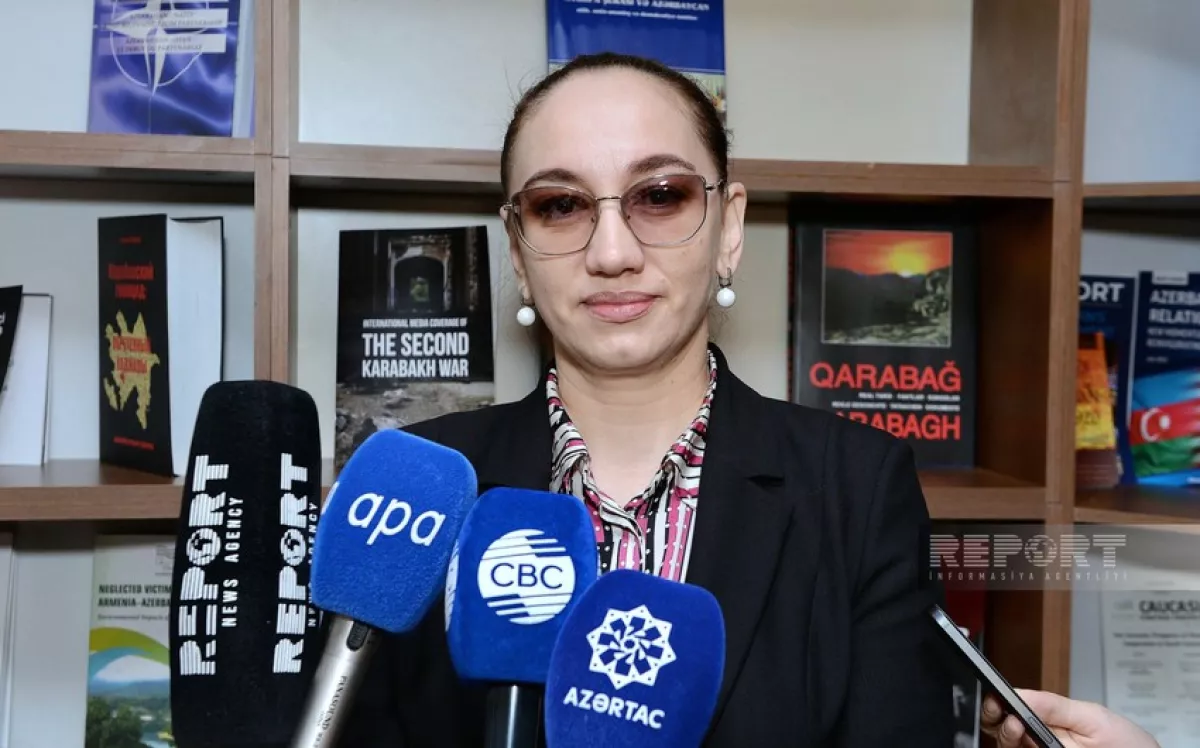Uzbekistan applauds Azerbaijan’s growing global role, seeks stronger economic ties
Uzbekistan is closely following Azerbaijan’s rapid economic development and the rise of its international standing with great appreciation, according to Bakhtiyor Ashrafkhanov, Uzbekistan’s ambassador to Azerbaijan.
Speaking at the second session of the Azerbaijan-Uzbekistan Expert Council, titled “Azerbaijan and Uzbekistan: Promising Areas for Mutually Beneficial Cooperation,” Ashrafkhanov emphasised the strategic importance Tashkent places on deepening relations with Baku, Caliber.Az reports, citing domestic media.
“Strengthening ties with Azerbaijan remains one of Uzbekistan’s key foreign policy priorities,” the ambassador said. “Under the leadership of President Ilham Aliyev, Azerbaijan is undergoing sweeping reforms across all sectors, and we are pleased to witness the country’s impressive economic growth and increasing international influence.”
He also noted that the Uzbek people view Azerbaijan’s restoration of its territorial integrity as a major historical milestone.
Milana Bazarova, a senior official from the Institute of Strategic and Interregional Studies under the President of Uzbekistan, echoed these sentiments, telling reporters that relations between the two nations have reached a model level of partnership.

“In recent years, we’ve taken significant steps to elevate our bilateral ties to the highest level of state-to-state cooperation,” she said.
Bazarova highlighted that economic relations between Azerbaijan and Uzbekistan have seen dramatic progress: over the past eight years, bilateral trade has grown eightfold, while the scale of joint production has increased fivefold.
She stressed that in the face of global instability and disrupted supply chains, deepening economic collaboration has become even more crucial.
“Now more than ever, it's essential to combine our investment capacities,” she said. “Thanks to our shared experience, we’ve already launched industrial clusters in sectors such as automobile manufacturing, textiles, and silk production — and I believe this is only the beginning.”
By Tamilla Hasanova








